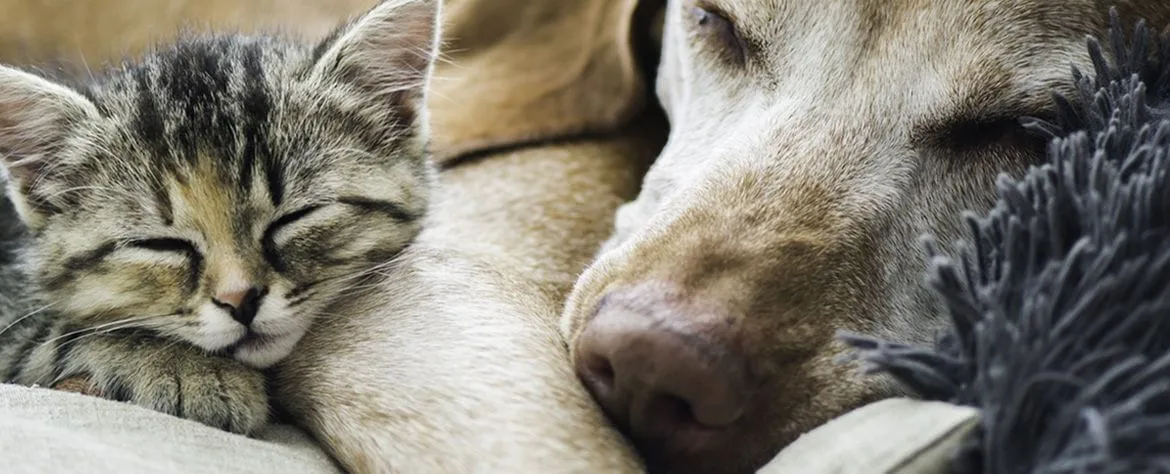The doctors at Apache Animal Hospital perform many types of surgery, from routine spays and neuters to complex surgeries such as splenectomies (removal of the spleen).
We know that it can be scary when your pet needs surgery. That's why the staff at Apache Animal Hospital takes all of the necessary precautions to help ensure your pet's safety and comfort before, during and after any surgical procedures.
We also know it is common for pet owners to call around to various hospitals to compare the cost of surgery. If you do this, just be sure to compare "apples to apples". Ask each hospital if the cost you are quoted includes all of the items that are listed below.
Remember, at Apache Animal Hospital we take every precaution to help ensure your pet's safety and comfort before, during and after all surgical procedures.
The precautions that are taken for surgeries include:
Pre-Surgical Bloodwork
All patients that undergo anesthesia are required to have pre-surgical bloodwork performed. These tests show the doctor how the kidneys and liver are functioning since these organs are
functioning since these organs are responsible for processing the anesthesia your pet receives. These tests also give the doctor an overall idea if your pet is healthy enough to undergo
anesthesia.
Pre-Surgical Pain Medication
Research has shown that given pets pain medication before surgery starts greatly decreases post-surgical pain. All patients having surgery receive pain medication prior to their surgical
procedure.
Pre-Surgical Tranquilizer
To help relax patients prior to being anesthetized, all patients receive a mild tranquilizer.
Isoflurane Anesthesia
All patients are kept on isoflurane gas anesthesia during the surgical procedure. Isoflurane gas is the same anesthesia used in human pediatric medicine because of its safety.
I.V. Catheter and Fluids
Prior to your pet's surgery, we will place an intravenous (I.V.) catheter and administer fluids during and after the procedure. This will help your pet maintain a normal blood pressure while
anesthetized.
Monitoring by Certified Veterinary Technicians
During the surgical procedure the patient is continuously monitored by a Certified Veterinary Technician. The technician monitors the level of anesthesia, ECG, CO2, heart rate, and oxygen
levels of the patient.
Pain Medication to Take Home
Our concern for your pet's comfort doesn't stop when he or she goes home after surgery. All patients having surgery will go home with pain medication to keep them comfortable while they
recover. A surgery technician will contact you the day after your pet goes home to be sure the medications are keeping him/her comfortable.
Same-day Surgery
We feel the patients' mental well being is just as important as the physical well being. Most surgery patients having routine surgery (spay, neuter, growth removal, etc.) go home the same day
they have surgery. Patients are much happier and less stressed at home with their families. Less stress leads to a quicker recovery.
If you have any questions about a surgery your pet needs, please feel free to contact us.





